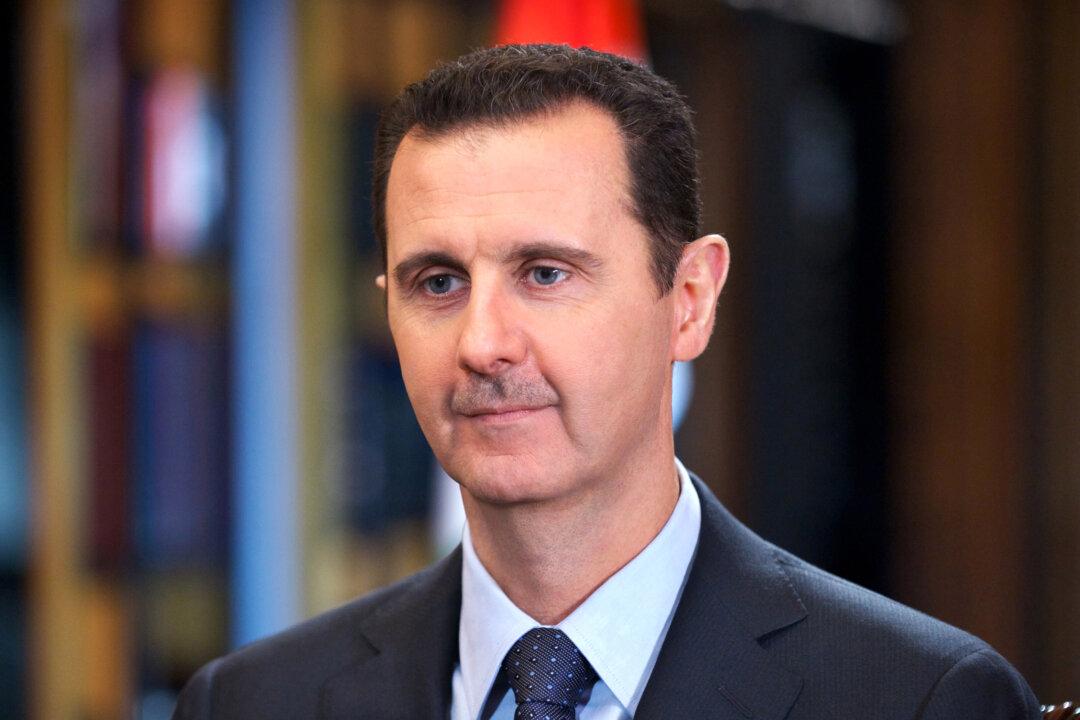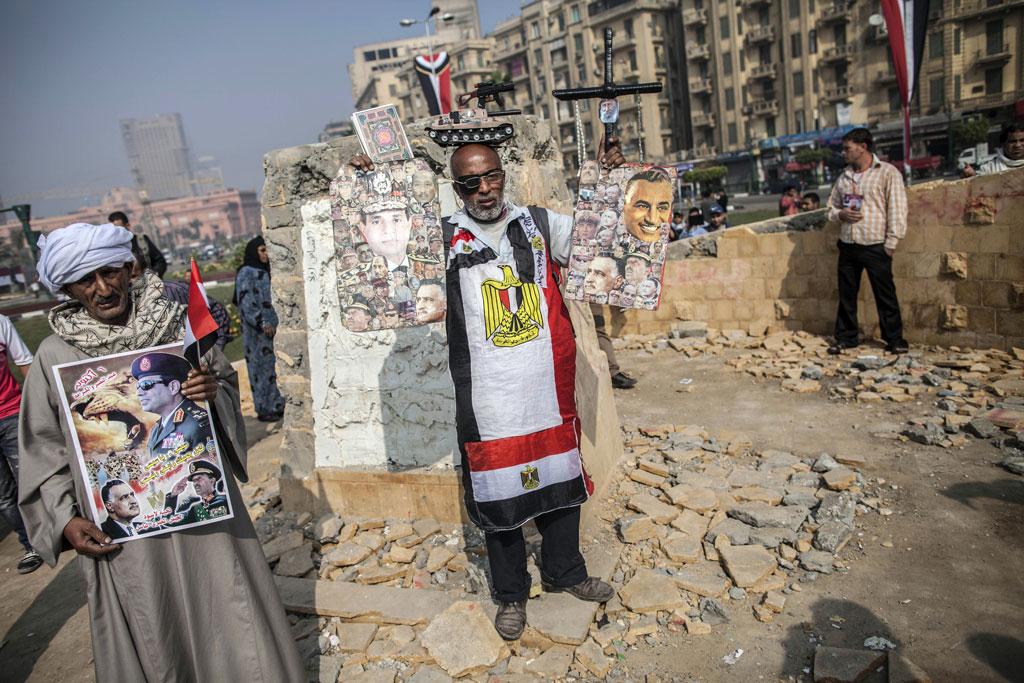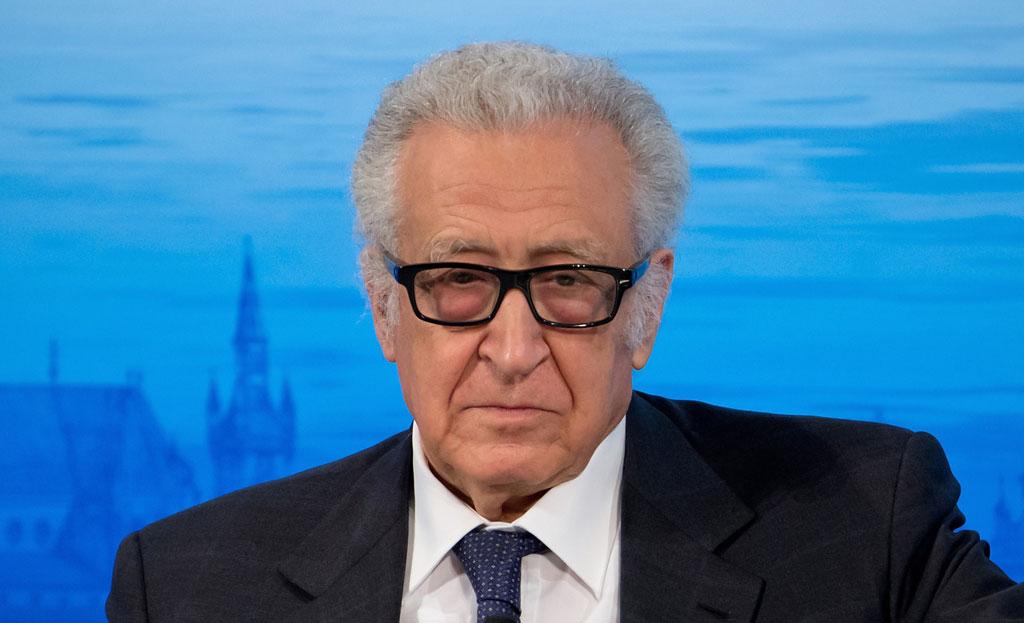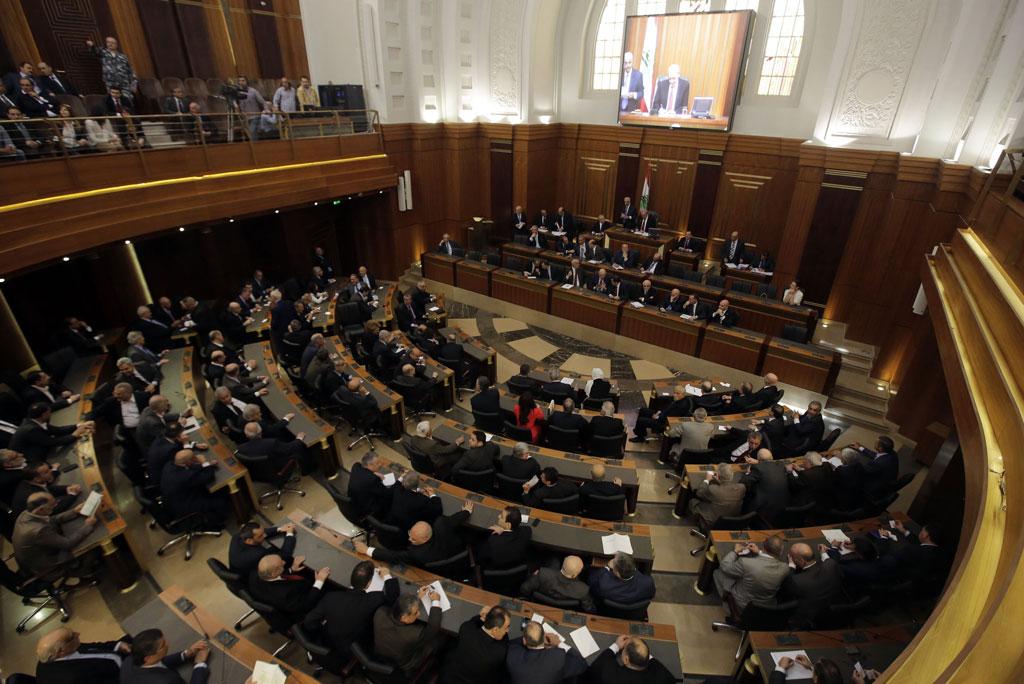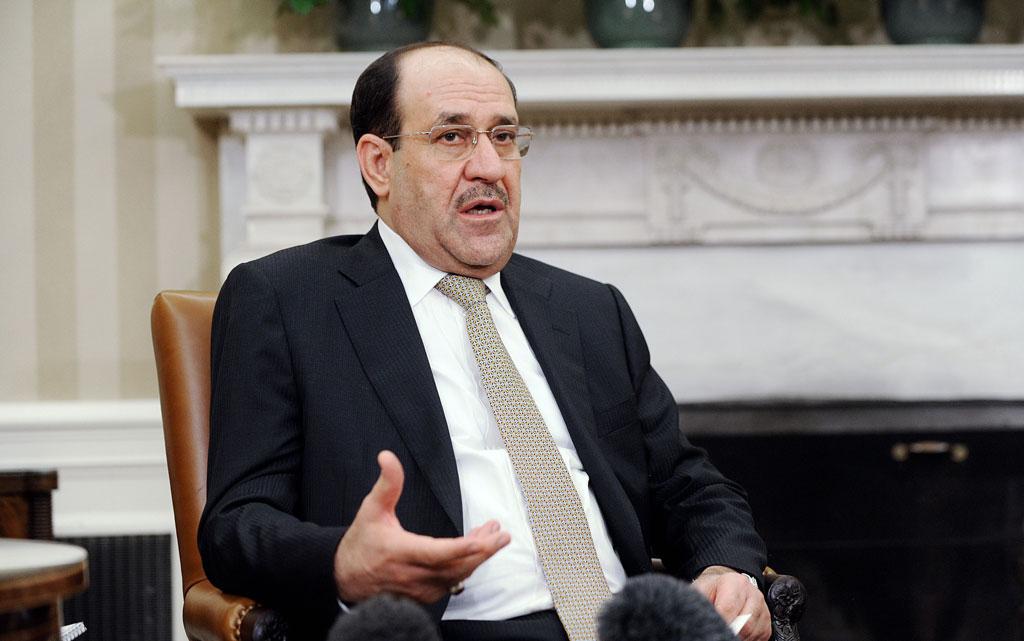Paul Salem
Author
LATEST
End Game Against ISIS Will Require Departure of Assad
The policies of Syrian President Assad and his regime created the conditions of civil war and state failure on which ISIS has thrived. In the long run, there will be no final defeat of ISIS or other violent extremist groups that prey on extreme popular discontent until he is removed, and a new inclusive order is put in place in Damascus.
|
A Strategy Against the Islamic State
The outlines of a US strategy to roll back ISIS, or the ‘Islamic State’ as it styles itself, in Iraq have become relatively clear, even if success is uncertain. But there is no clarity yet as to the strategy that might defeat ISIS in Syria.
|
Egypt’s Election: Beyond the Foregone Conclusion
On May 26 and 27 Egyptians will go to the polls to elect a president for the second time since the January 2011 revolution.
|
What Brahimi’s Resignation Means for the Syrian Conflict
The resignation of Lakhdar Brahimi - as the United Nations and Arab League Special Envoy to Syria - doesn’t come as a complete surprise.
|
Five Arab Elections in Search of a Democratic Transition
In the current two months between mid-April and early June, five Arab countries—Algeria, Lebanon, Iraq, Egypt, and even war-torn Syria—are holding key elections, with little sign that any is moving in the direction of meaningful democratic transition.
|
Lebanon’s Presidential Elections: Q&A with Paul Salem
On April 23, Lebanon’s parliament met for the first session to elect a president, but failed to reach the necessary two-thirds majority to declare a winner. In subsequent rounds a contender can win by simple majority.
|
Iraq’s Make Up or Break Up Elections
Two years after the U.S. withdrawal and four years into Prime Minister Nuri al-Maliki’s second term, Iraq is on the brink of breaking apart.
|
End Game Against ISIS Will Require Departure of Assad
The policies of Syrian President Assad and his regime created the conditions of civil war and state failure on which ISIS has thrived. In the long run, there will be no final defeat of ISIS or other violent extremist groups that prey on extreme popular discontent until he is removed, and a new inclusive order is put in place in Damascus.
|
A Strategy Against the Islamic State
The outlines of a US strategy to roll back ISIS, or the ‘Islamic State’ as it styles itself, in Iraq have become relatively clear, even if success is uncertain. But there is no clarity yet as to the strategy that might defeat ISIS in Syria.
|
Egypt’s Election: Beyond the Foregone Conclusion
On May 26 and 27 Egyptians will go to the polls to elect a president for the second time since the January 2011 revolution.
|
What Brahimi’s Resignation Means for the Syrian Conflict
The resignation of Lakhdar Brahimi - as the United Nations and Arab League Special Envoy to Syria - doesn’t come as a complete surprise.
|
Five Arab Elections in Search of a Democratic Transition
In the current two months between mid-April and early June, five Arab countries—Algeria, Lebanon, Iraq, Egypt, and even war-torn Syria—are holding key elections, with little sign that any is moving in the direction of meaningful democratic transition.
|
Lebanon’s Presidential Elections: Q&A with Paul Salem
On April 23, Lebanon’s parliament met for the first session to elect a president, but failed to reach the necessary two-thirds majority to declare a winner. In subsequent rounds a contender can win by simple majority.
|
Iraq’s Make Up or Break Up Elections
Two years after the U.S. withdrawal and four years into Prime Minister Nuri al-Maliki’s second term, Iraq is on the brink of breaking apart.
|


